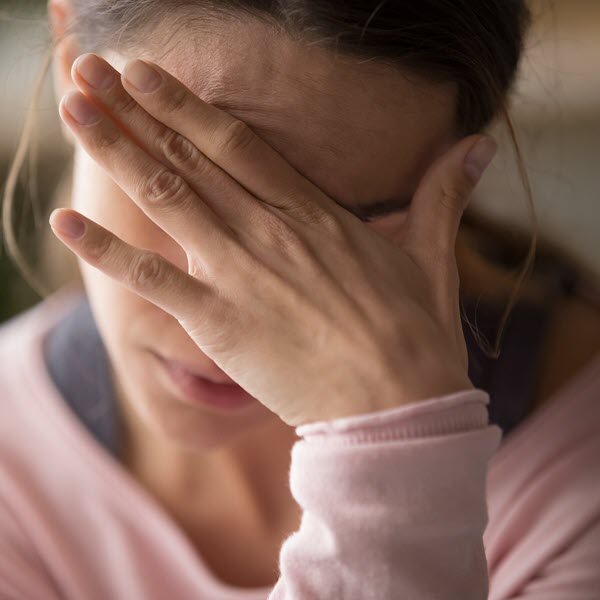What Happens to Your Body When You Use CBD for Anxiety?
Anxiety is a common and often debilitating condition that affects millions of individuals worldwide. While there are various treatment options available, many are turning to CBD as a potential solution. CBD, short for cannabidiol, is a compound found in the cannabis plant known for its potential therapeutic effects.
When CBD is consumed, it interacts with the body's endocannabinoid system, which plays a crucial role in regulating various bodily functions. The endocannabinoid system consists of receptors, enzymes, and endocannabinoids that are naturally produced by the body. These components work together to maintain homeostasis, or balance, within the body.
Research suggests that CBD may have anxiolytic, or anxiety-reducing, properties. When CBD is introduced to the body, it may interact with the endocannabinoid system to modulate the activity of certain receptors, including those associated with anxiety. This interaction may help to alleviate symptoms of anxiety and promote a sense of calmness.
One of the key factors that impact what happens to your body when you use CBD for anxiety is the dosage. Finding the right dosage is essential, as too little may not yield the desired effects, while too much may result in unwanted side effects. It is recommended to start with a low dose and gradually increase until the desired effects are achieved.
Another important consideration is the method of consumption. CBD comes in various forms, including oils, capsules, edibles, and topical creams. Each method has its own advantages and disadvantages, and the choice depends on individual preferences and needs. For example, oral ingestion allows for systemic effects, while topical application targets specific areas. It is crucial to choose a method that suits your lifestyle and desired outcomes.
Additionally, the quality and source of CBD products should be carefully considered. Not all CBD products are created equal, and it is essential to choose products from reputable manufacturers that undergo third-party testing to ensure potency and purity. By selecting high-quality CBD products, you can enhance the likelihood of experiencing the desired effects.
It is worth noting that while CBD shows promise in alleviating anxiety symptoms, it is not a cure-all solution. Anxiety is a complex condition that can be influenced by various factors, including genetics, environment, and lifestyle. CBD should be seen as a potential supportive supplement in conjunction with other anxiety management strategies, such as therapy, exercise, and stress reduction techniques.
In conclusion, using CBD for anxiety can have various effects on the body. By interacting with the endocannabinoid system, CBD may help to reduce anxiety symptoms and promote a sense of calmness. However, finding the right dosage, choosing the appropriate method of consumption, and selecting high-quality products are key considerations for achieving the desired outcomes. It is important to approach CBD as part of a comprehensive anxiety management plan and consult with a healthcare professional for personalized guidance.
